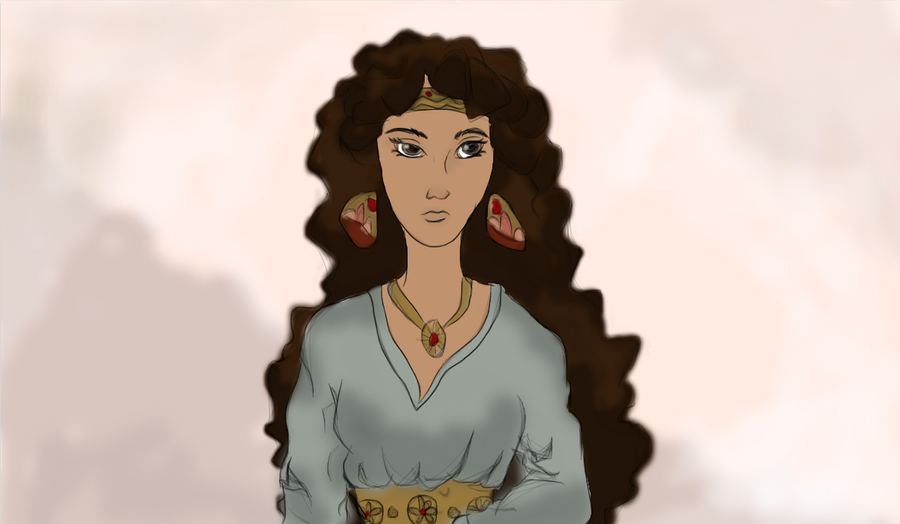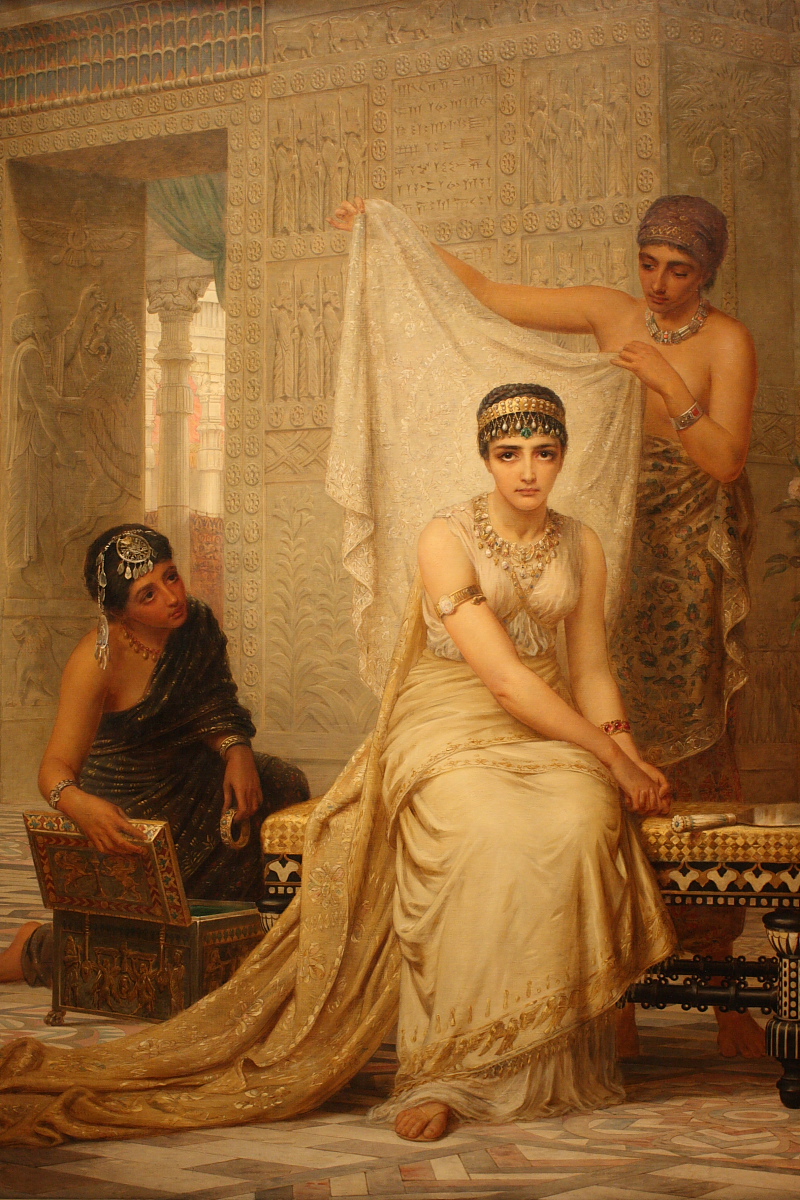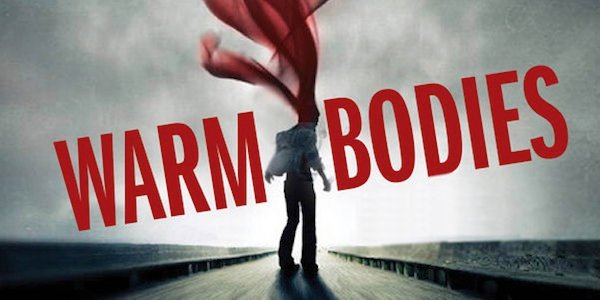Who Asked Jesus Anyway?!
(Text: Luke 12:13-21)
(Gary W. Charles, Cove Presbyterian Church, Covesville, VA, 7-31-2016)
As a general practice, it is wise to
stay out of family squabbles, especially ones involving money. Hats off to
Jesus for doing just that! In today’s text, an angry brother comes to Jesus
asking for help with a family financial dispute. Obviously, this angry brother
is not the executor of the estate, so he comes to Jesus to side with him and set
matters right: “Tell my brother to stop hoarding the inheritance and give me
what is rightfully mine.”
That seems a fair enough request. Jesus,
though, proves more annoying than helpful. He does not rush to the fix the family
problem. Instead, he gives the begrudged brother a lecture. He warns him not to
get caught in the trap of greed and cautions him that life does not consist of
the number of our possessions.
That is not the answer that the angry brother is looking for from Jesus. And,
to make matters worse, Jesus goes on to tell the angry brother a long,
ponderous story. It is a tale about a farmer, who Jesus gives the nickname,
“the rich fool.”
At first glance, the nickname seems ridiculous. In the great American
story, the farmer is no fool; he is “Mr. Success.” He has done what I have been
taught to do since childhood. Excel. Be successful. Accumulate enough for a
rainy day, a snowy day, even a long stretch of sunny days. The farmer has built a fortune for his
retirement. No family members will need to care for him. He is independent now
and he will be independent all his days, thanks to a huge nest egg that he has
amassed.
The farmer can even quote Scripture to
justify his action. After all, the Amazing Technicolor Dreamcoat Joseph tells
the Pharaoh to build lots of barns to stock up for seven lean years ahead. Nor
does Jesus portray the farmer as a crooked businessman who has gained his
riches illegally by bilking others and skipping out on his bills. He is not
someone who has made his wealth by ripping others off. In fact, most of us
would call him financially prudent and admirable. So, why does the successful, financially
prudent businessman get nicknamed, “rich fool” by none other than Jesus?
In full disclosure, preachers absolutely love this parable,
especially as the leaves turn their autumn colors and churches start to solicit
funds for the next year’s budget. Preachers cite the closing punch line of the
parable with vigor: “But God said to
him, 'You fool! This very night your life is being demanded of you. And the
things you have prepared, whose will they be?'” What usually follows then is
the preacher extolling members of the congregation to stop building barns,
after all, they preach, “Your money will do you no good in the grave, so spread
it around and let me tell how to make a huge check out to the church!”
That preacher riff on the parable is not at all uncommon,
but I suggest it is also not that helpful. Like most parables of Jesus, this
ones goes far deeper than a biblical prop for churches and pastors who are anxious
to meet a budget.
The real problem with the farmer in this parable is that
he has a very serious pronoun problem. “The relentless use of the first person
pronouns ‘I’ and ‘my’ betray a preoccupation with self,” writes Lutheran pastor
and professor, David Lose. “There is no thought to using the abundance to help
others, no expression of gratitude for his good fortune, no recognition of God
at all. The farmer has fallen prey to worshiping the most popular of gods: the
Unholy Trinity of ‘me, myself, and I’. This leads to, and is most likely caused
by, a second mistake. He is not foolish because he makes provision for the future; he is foolish because he
believes that by his wealth he can secure his future: ‘Soul, you have ample
goods laid up for many years; relax, eat, drink, be merry’."
Just out of
Seminary, I was called to serve a fine church in Wilmington, North Carolina.
The hardest pastoral visit I made every few months was to a dirt poor retired
railroad worker with severe emphysema. He had no family and his house was an
absolute wreck. If I was honest with myself, I felt sorry for the man. He was
so restricted and he had so little.
There was an
uncomfortable ritual that ended each visit. This gentleman would go to his
desk, open the top drawer, and pull out a bunch of church offering envelopes
with a check in each one. He would then bundle them together with a rubber band,
hand them to me, and ask that I give them to the church treasurer.
I hated that ritual
at the end of every visit. So one day, I decided to try to write a different
ending to our visits. I told him, “Sir, the church budget is really strong
right now. Many people are even ahead in their giving from what we expected. It
seems like you need this money more than the church does right now, so thank
you but why don’t you keep it and use it for yourself.” Many years later, I
cringe when I hear myself saying these words, but I was young, if that is any
excuse.
After I invited this
man to keep his money, he spoke and spoke, for the first time, without
struggling for every breath. He looked at me without as much as a pause and
said, “Young man, never deny someone the privilege of returning to the Lord a
portion of what the Lord has given him.” I had no response. I took the offering
envelopes and crawled to the car.
The angry brother,
the rich fool in Jesus’ parable, and the young preacher in Wilmington, N.C. never
understood what a dirt poor retired railroad worker knew beyond a shadow of a
doubt. All good gifts, our intellect, our family, the good earth, and the list
goes on, are gifts that God gives us to steward but never to own, to share, but
never to hoard, to sow seeds for others, but never to harvest only for
ourselves. More stuff does not secure our future, says Jesus, even if it is our
rightful due to inherit it.
Throughout the
course of my ministry, I have come to know and love many rich women and men, a
few of whom also had a good bit of money, all of whom enjoyed giving and living
for others with wild abandon.
I wonder whatever
happened to that angry brother. Did he get his rightful inheritance? When he
did, did it calm him down and make him dance with glee? Or did it leave him
counting each coin wondering why he got less than the brother who was the
executor of the estate? Did he ever once think about investing his energy in
helping others and sharing with others what he already had? Did he ever pause
to thank God for the very gift of life?
I wonder what Jesus
would say to affluent America today when thousands go to bed hungry each night
while political rhetoric is never about them. I wonder what Jesus would say when
thousands in America live on the streets or in shelters, like the Central Night
Shelter in Atlanta, where we housed 90 men every night, while it is the rare
political leader who uses her political capital to advocate for affordable
housing. I wonder what Jesus would say
when the fastest growing industry in many states in our country is private
prisons, while there is little political will to rethink our criminal justice
system.
The angry young
brother wants more, wants his rightful due. Jesus asks the angry brother what
he is doing with all that he already has. Many angry Americans want more than what
we have. Jesus asks each one of us what we are doing with what we already have.
Well, who asked
Jesus anyway?!
AMEN





